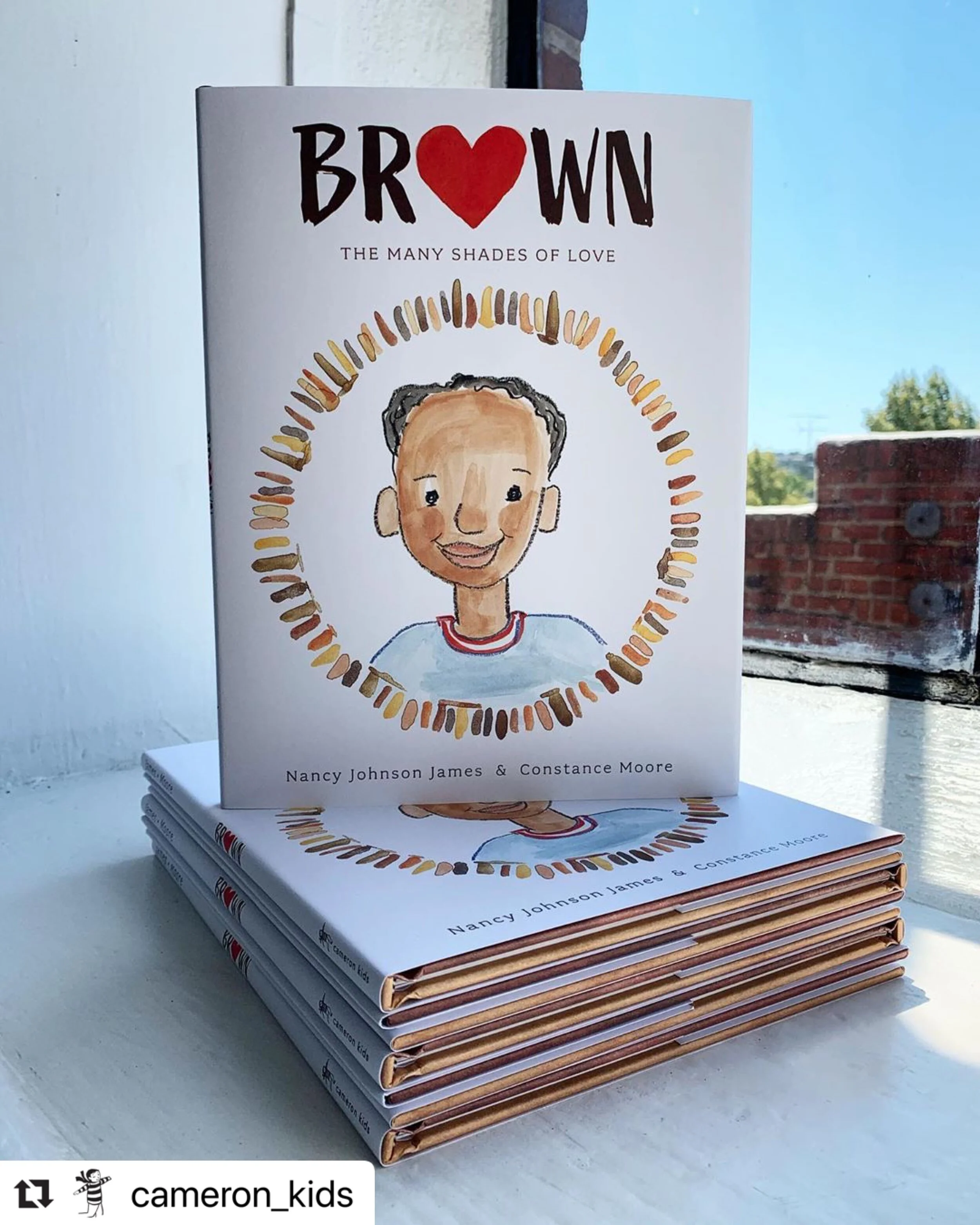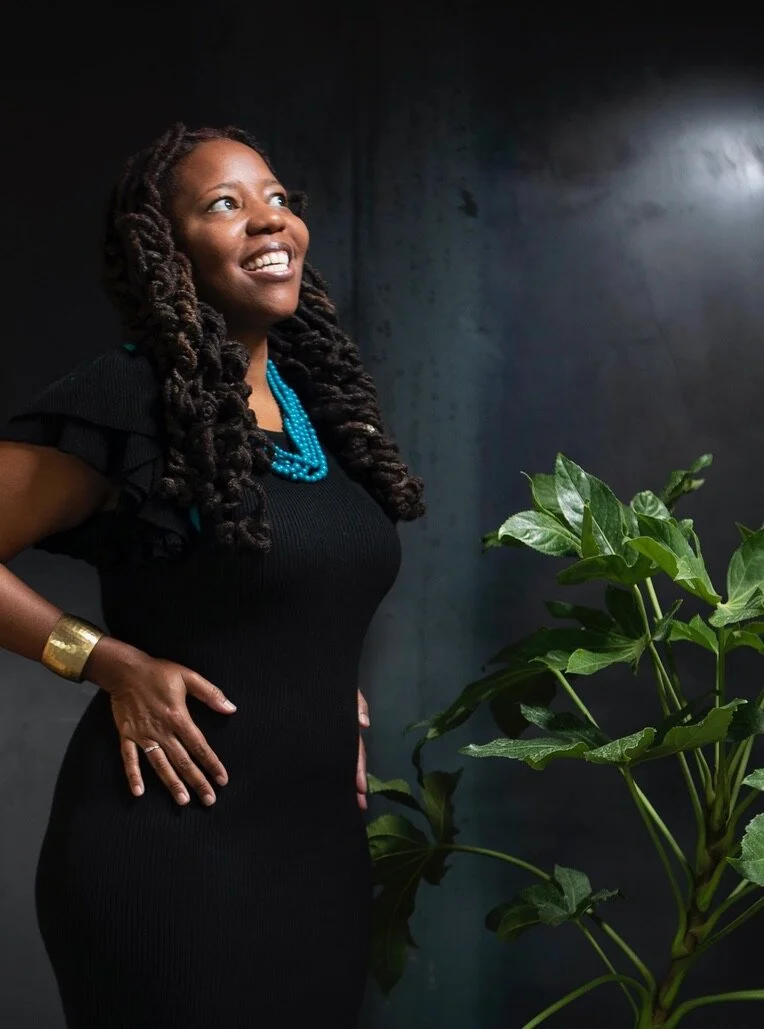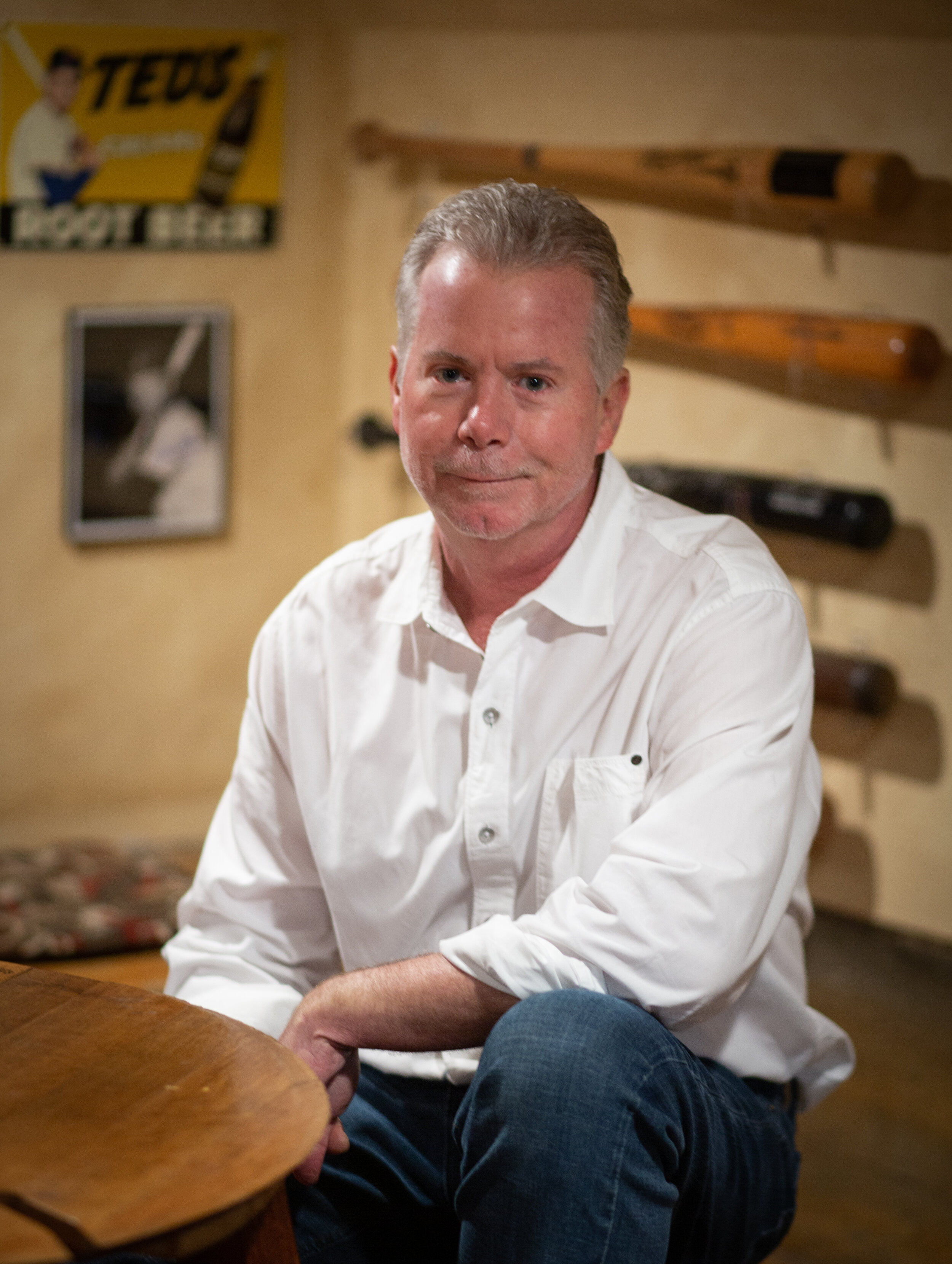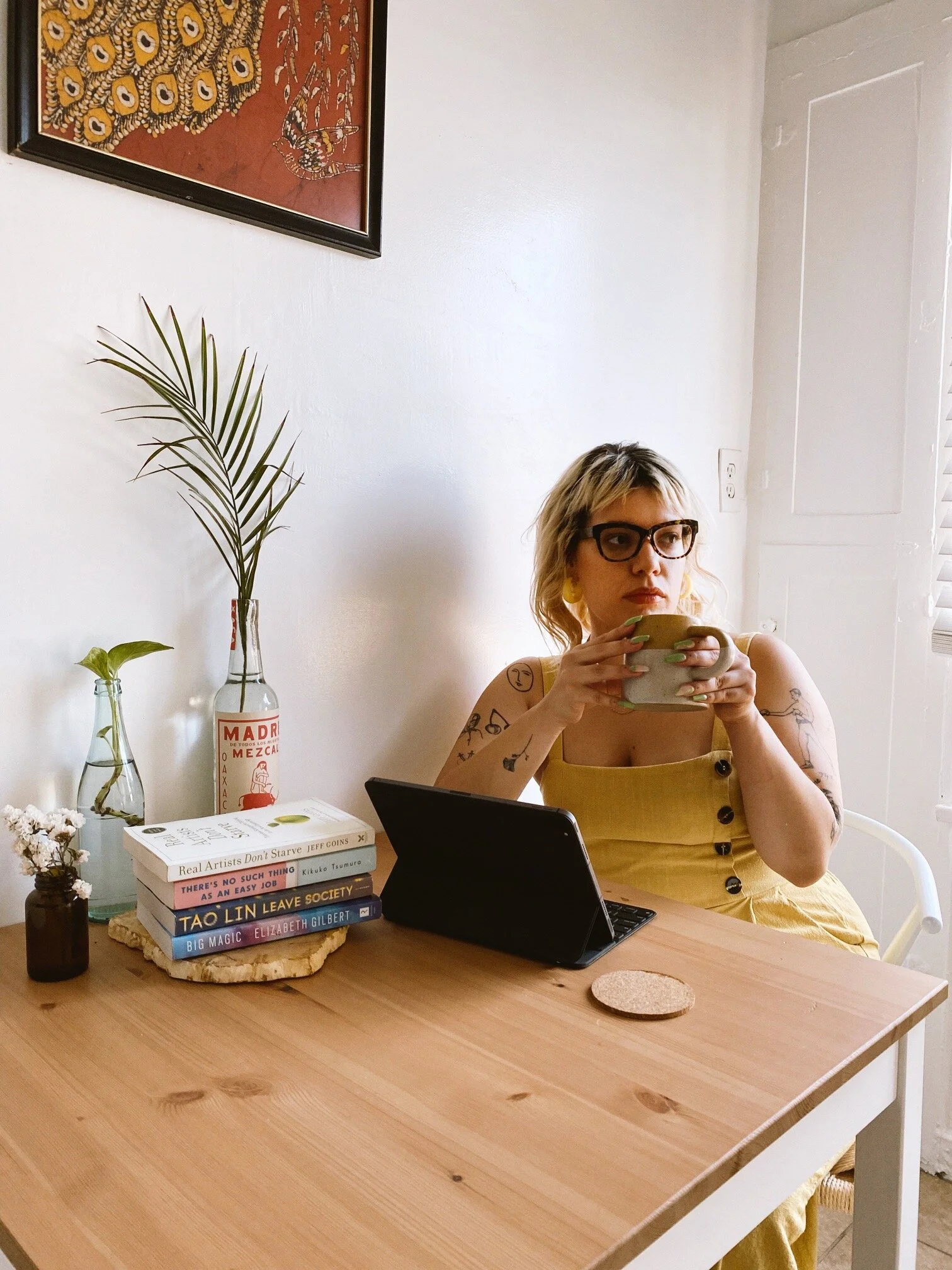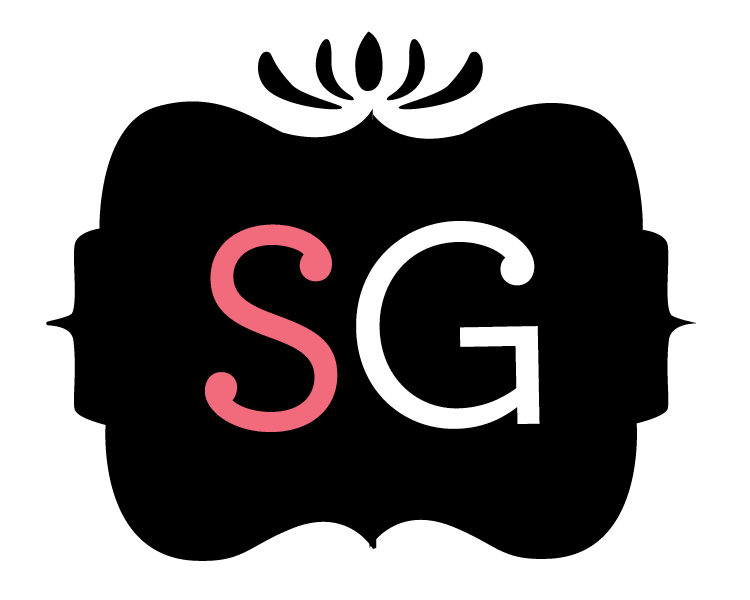Writing in Bed: Interview with Martha Grover
Martha Grover believes that loving yourself is a revolutionary act. She’s been publishing her zine, Somnambulist, since 2003 and hosts one of my favorite podcasts about creative process: PDX Darlings. She is a writer, illustrator, and Realtor living in Portland, Oregon, and the author of two memoirs: One More for the People and The End of My Career, which was a finalist for the Oregon Book Awards in Creative Nonfiction. (The judge was Maggie Nelson.) Martha's work appears in The Collagist, The Portland Review, The Portland Mercury, Switchback Journal, Voicemail Poems, Transmissions Journal, The Big Smoke, and most recently, Vol.1 Brooklyn.
In this interview, Martha gets personal about process and even shows us photos of her writing space.
Kristy Lin Billuni: You’re a community builder. Through your Patreon, your podcast, and your zine, I see you out there bringing writers together. Introduce us to a few.
Martha Grover: Some writers that I know personally and love, are Lisa Wells, Peter Bauer, July Westhale, Bud Smith, and Ariel Gore. All of these writers are not only great people, but write on themes I find personally interesting: work, class, gender, the natural world. They also all write mostly nonfiction or poetry. That’s my jam.
KLB: And what are you reading right now?
MG: Lately, I’ve been reading a lot of graphic novels and poetry. I love Emil Ferris, Harvey Pekar and Lynda Barry. I’ve also been reading a lot of poetry by Brenda Shaughnessy.
KLB: Do you have a creative connection to theses writers?
MG: Yes, both of my memoirs are illustrated . . . lightly illustrated, would be a more accurate description. I am really interested in this genre--whatever you want to call it. Breakfast of Champions, Citizen, Cruddy by Lynda Barry. Books for adults that aren’t graphic novels but incorporate images in one form or another.
KLB: How does this genre inspire you?
MG: One work that I’ve been returning to again and again is Citizen by Claudia Rankine. Wow. Such a masterpiece. It’s not a long book, but it’s so well written, so constrained. It also includes a lot of visual elements. I have used Citizen as a guide post for what I’m working on now.
KLB: How so?
MG: I’m writing my third book and because I write in so many forms (poetry, flash, essays) it’s been really helpful to have Citizen to keep returning to, to keep reminding myself that unconventional books are possible, that I can constrain myself, that I can have short pieces and visual elements speak to each other.
KLB: So you’re inspired by the form more than the topic.
MG: Right. Of course, I am not writing about race like Rankine, but she inspires me to stay on topic! As I construct my manuscript (painstakingly, over time) I see that the book I’m writing is about catastrophe and chronic illness.
KLB: Can you tell us about your connection to those themes?
MG: I have no adrenal glands. I have to take a medication that without, would leave me dead in three days. This keeps me close to death, close to catastrophe. We are also living during a mass extinction, a turning point for humanity and the earth. These two themes intersect in my work constantly.
KLB: I think it’s interesting that you have talked about writers that guide the form you’re writing, but your subject matter must be challenging as well. Where do you turn for inspiration or mentorship around the topics of illness and catastrophe?
MG: Another writer that has had a huge impact on me is Johanna Hevda. She writes about pain, mental and chronic illness, disability, gender and how all they all collide under capitalism. Her essay, “Sick Woman Theory” was a game changer for me.
KLB: Can you tell us a little more about your perspective on illness and capitalism?
MG: When I think about chronic illness and disability, I think about how they work as definitions of identity and experience, but also in the context of the healthcare system and work/employment in a capitalist framework. Unfortunately, they can’t practically exist outside of this system; our bodies are always measured by what’s wrong with them or how we are or are not able to work within the framework of capitalism. These themes show up in a lot of my writing, particularly my last two books.
KLB: I feel like this is such an important message and so universal. Is that what motivates you forward on this project?
MG: Well, there’s also a practical side. This next book is important to me because I really just need to keep working, keep writing, keep pushing myself all the time. As you get older, the creative clock starts ticking louder and louder. Also as a person with a chronic condition that is likely to get worse the older I get. I need to work on this now before I get any weaker.
KLB: What else?
MG: Having my Patreon page has also been a huge source of inspiration and motivation for me. Right now my subscribers are paying my rent, and hopefully it will one day fund an art studio for me and further projects like my zine and podcast.
KLB: That’s amazing. I love the idea of Patreon, how it supports the things artists need to be able to do their art and also to just live. I want to hear more about the way you are living as a writer. Can you describe an ideal writing day?
MG: My dream day is having nothing on my plate so I can write all day and finishing a rough draft of an essay in one day. That doesn’t always happen, and it doesn’t even mean that the essay will be great, but it’s very fun when you can spend all day immersed in your own writing!
KLB: Do you write every day?
MG: I usually try to write in the morning when I have the most energy. And I don’t write every day. I do recommend writing every day if you can. It’s the ideal, but I try to stay away from telling new writers or students that you HAVE to write every day.
KLB: Yeah, I don’t think there’s a one-size-fits-all process.
MG: I had a teacher in grad school who once said that you have to write every day for four hours because otherwise you weren’t going to “make it as a writer” and I just don’t think that’s true. Plus, it’s totally arbitrary. Why four hours? Why not one or two or three?
KLB: Exactly. I always start out the daily writing conversation trying to figure out some minimum a writer can do, even on a bad day, and that is different for everyone and can change over time.
MG: What I do think is true is that you need to be thinking about writing every day, you need to take notes constantly.
KLB: Okay, how do you record your notes?
MG: I have a little file on my phone where I write down ideas. This is so necessary. The most important thing to do is to train your brain to think like a writer. Just like artists train their brain to see color, and shape and shadow. So, then when you sit down to write you will know exactly what to write about.
KLB: Is that how it goes for you when you sit down to write?
MG: Sometimes the piece comes out in one go. Sometimes it goes through draft after draft. A lot of the time though, especially with poetry, if I don’t know what I’m trying to say after the first or second draft, I may never know and then I just say goodbye or put it in a drawer for later.
KLB: Wow, that’s so freeing! I always feel bad when I abandon a project, but sometimes you do just have to stop futzing with it.
MG: Exactly. I don’t’ think endless revising is good. I don’t think it makes a piece better, and sometimes it actually makes it worse. Just put it away and take it out later, or never take it out. Move on, basically. The best editor is time.
KLB: I am obsessed with this idea. Please say more.
MG: The best advice I ever got was from my first creative writing teacher, Joseph Milar, a poet. He would always say: put this poem in a drawer and don’t look at it for a month. That always helps. You take something you wrote out of that “drawer” a month, six months, a year later and you say…huh? Did I write this? Who wrote this? What were they trying to say? That one line is genius! But . . . the rest of it can go . . . ha ha!
KLB: So you use time to distance yourself.
MG: Of course, we can’t all work on a poet’s timeline. Sometimes we need to get pieces out into the world sooner. That’s where good feedback from people you trust comes into play.
KLB: And how do you get feedback?
MG: I have always been in a workshop environment of some sort or another. Right now, I’m a member of an informal writing group that meets every couple months or so. I also have friends who are kind enough to read my work sometimes. And I have also hired editors now and again.
KLB: I talk to writers a lot about finding ways to feel indulgent about their writing. Hiring an editor, letting myself spend money to get help from another writer, can feel like a really wonderful indulgence. How else do you indulge yourself as a writer?
MG: I don’t have much time or money for writing retreats, but every year I do go away for one week to write at the Sou’wester Lodge in Seaview, Washington. Anyone who is interested in the arts should check that place out. They have always been awesome about supporting my work.
KLB: That’s a great approach, to find programs that support artists. What else do you do?
MG: I have been getting outside of my comfort zone as much as possible. That is an indulgence in a way.
KLB: Great, please tell me more about challenge as indulgence.
MG: When you get out of your comfort zone and experiment--that means that you won’t always know how it’s going to turn out. It can feel like wasted time, like you’re just playing.
KLB: This is so important, that the work doesn't have to feel painful to count as work. It can be playful!
MG: Right. For me, that means drawing/doodling more, writing about film and TV and pop culture, doing my podcast and reading and writing poetry. Basically, doing anything but writing essays, which have comprised the majority of my published work to date. Essays feel like work. Poems and film feel exploratory.
KLB: Tell us about the photos. This is what your process looks like?
MG: I write in bed . . . ha ha! This has been my go-to for years. It’s comfortable, it’s warm, I have no qualms about eating in bed, and it’s gotten so bad now that I feel uncomfortable at a desk or table.
KLB: I love it. You have found what works for you. How did you start writing in bed?
MG: I feel very private about my writing process and have a lot of fatigue and pain. So it helps to be able to feel, not only safe and comfortable, but able to just drop everything to take a nap if I need to. I used to write at cafes and coffee shops, but I don’t’ find those atmospheres particularly comfortable anymore.
KLB: So you write on a laptop in bed? What about the notes?
MG: First, notes in my phone, or thoughts about things that won’t go away, game-planning out a project or essay in my head, or a segment on my podcast that I keep coming back to, or something I read or heard, THEN I sit down to write.
KLB: And tell us exactly what’s going on in the photos.
MG: Because I spend so much time in bed (writing, watching youtube videos, etc), I actually started taking pictures of my bedside table every day.
I want to inspire you, so I coax generous writers like Martha Grover to reveal their creative secrets and processes in writer interviews:
Support Martha and read the stuff she’s working on right now at her Patreon.
Seriously, her Patreon is awesome, and if you contribute even a dollar a month, you can get access to behind-the-scenes writing stuff, sign up for cool rewards like copies of her zine, listen to Martha read her work, and be updated on the podcast.
Buy Martha’s zine, Somnambulist and read her essays and poems.
Listen to Martha’s podcast, PDX Darlings.
Buy Martha’s award-winning book, The End of My Career, direct from the publisher.
I cultivate sexy, bold, free writers in stimulating, one-hour private sessions. I also write essays and short stories about sex, writing, and sometimes pigeons.
Read my writing.
Flirt with me on Twitter.
Get my cafe reviews &reviews of me on Yelp.
Share books on GoodReads.
Schedule your free private session.

